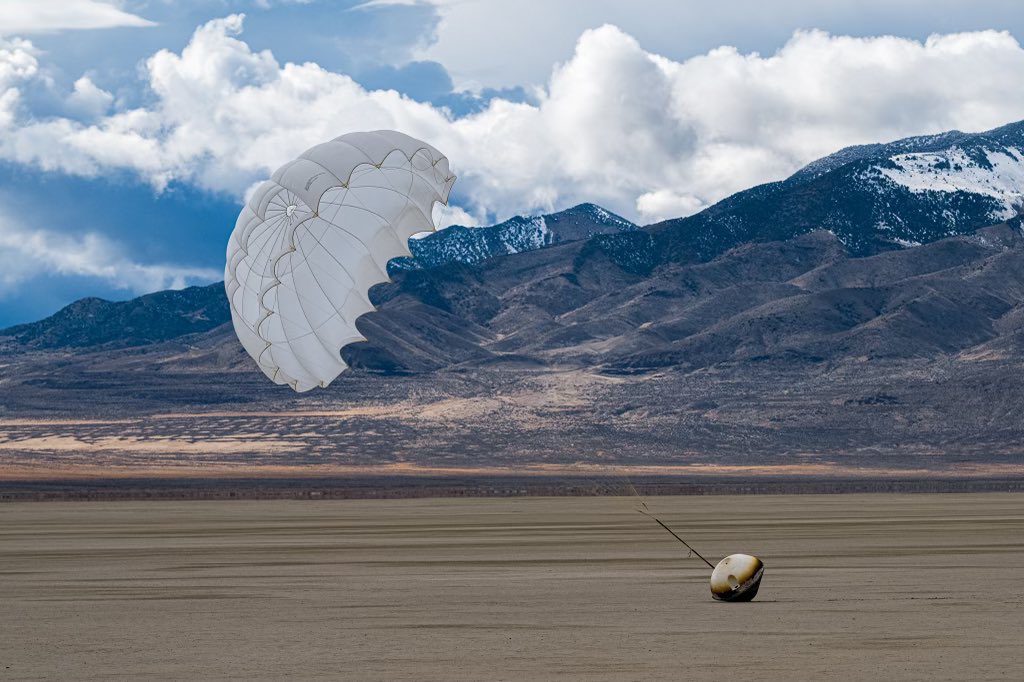Varda Space Industries has raised $90 million to expand production of systems for making pharmaceuticals in space and bringing them back to Earth.
Varda reported on April 5 that it raised a Series B round led by venture firm Caffeinated Capital, with participation from Lux Capital, General Catalyst, Founders Fund and Khosla Ventures. The company has raised $145 million in total.
The funding round follows the successful completion of its first demonstration mission, W-1, on Feb. 21 when the company’s capsule landed at the Utah Test and Training Range. The capsule had been part of a spacecraft launched in June 2023 to test the ability to produce pharmaceuticals in microgravity.
The new funding will enable Varda to increase production of spacecraft that use microgravity to manufacture pharmaceuticals that are not feasible or cost-effective to produce on the ground.
“We’re really excited to take this financing and use this to transition from this demonstration mission that we have been executing on for the past three and a half years to now scaling up both the capabilities and the cadence in our upcoming flights to serve with our commercial biopharmaceutical customers,” Delian Asparouhov, president of Varda, told SpaceNews.
The capsule that landed on the W-1 mission successfully produced a form of ritonavir, a drug used to treat HIV, while in orbit, according to a study published as a preprint last month. Asparouhov said there was a “significant uptick in customer interest” in Varda’s technologies after the landing.
“Our commercial biopharmaceutical customers are highly interested in the proposition of a cost-effective end-to-end solution that allows them to take a lot of the work that they have done on the International Space Station that has shown a lot of promise” and commercialize it, he said.
The W-1 mission helped Varda close the round and impressed the lead investor. “In the world of deeply ambitious startups, you almost never see anyone say, ‘Here’s my plan, I’m going to go get it done,’ and it actually happens. Varda is one of the few that gets it done,” said Raymond Tonsing, founder and managing partner of Caffeinated Capital, in a statement.
Varda also has interest in data the company collects from its reentry capsule during its return to Earth, particularly from the U.S. military to support work in hypersonics. The company released video taken by the capsule showing its journey from separation from the spacecraft bus through reentry to landing.
Asparouhov said the reentry of the relatively small Varda capsule can provide data more relevant to engineers working on hypersonics than that from large vehicles, like SpaceX’s Starship. “If you’re a hypersonics engineer in the DOD, there’s nothing better than that.”
Varda stated that it will use the funding to increase its flight rate, eventually reaching a monthly cadence, but the company did not disclose a schedule for doing so. Varda’s next mission is scheduled to launch this summer, again using its own capsule and a spacecraft bus built by Rocket Lab.
“We still have a long way to go. We need to move from showing that we can process pharmaceuticals to being truly ready for large-scale production,” Asparouhov stated. “But there’s no better proof in aerospace than hardware that has been successfully used in flight.”









